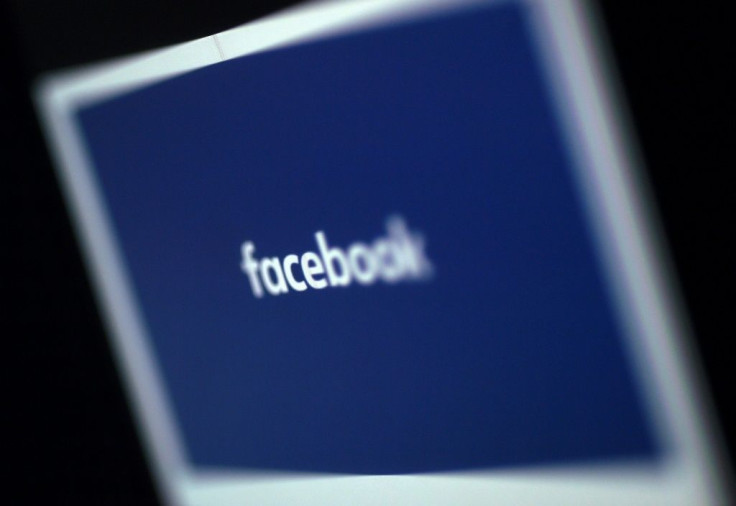Facebook Oversight Board To Launch Ahead Of US Election
Facebook's oversight board -- tasked with deciding what is removed or allowed to remain on the world's biggest social network -- said Thursday it would launch in October, to be in place before the US presidential election.
The news of the launch of the so-called Facebook "supreme court" comes amid rising concerns about misinformation and manipulation around the US election and contingency plans being made by Facebook to deal with a chaotic scenario.
"We are currently testing the newly deployed technical systems that will allow users to appeal and the board to review cases," a board spokesperson said in a statement to AFP.
"Assuming those tests go to plan, we expect to open user appeals in mid to late October. Building a process that is thorough, principled and globally effective takes time and our members have been working aggressively to launch as soon as possible."
The panel of experts to rule on content was first proposed by Facebook founder Mark Zuckerberg in 2018, as a "supreme court" which could overrule decisions made by the company.
Earlier this year the first 20 members of the panel were appointed, and it is expected to grow eventually to 40.

The members of the panel come from various countries and include jurists, human rights activists, journalists, a Nobel peace laureate and a former Danish prime minister.
Facebook, which has set up an independent foundation to operate the panel, said it has been working on software that allows the members to review cases from anywhere in the world.
"We look forward to the board beginning to hear cases in mid to late October," a Facebook spokesperson said.
Facebook indicated this week it has contingency plans to block some content on its platform if civil unrest breaks out after the November US election.
Nick Clegg, a former deputy British prime minister who is Facebook's head of global affairs, said the top social platform could take exceptional steps to "restrict the circulation of content" in case of turmoil.
© Copyright AFP {{Year}}. All rights reserved.





















